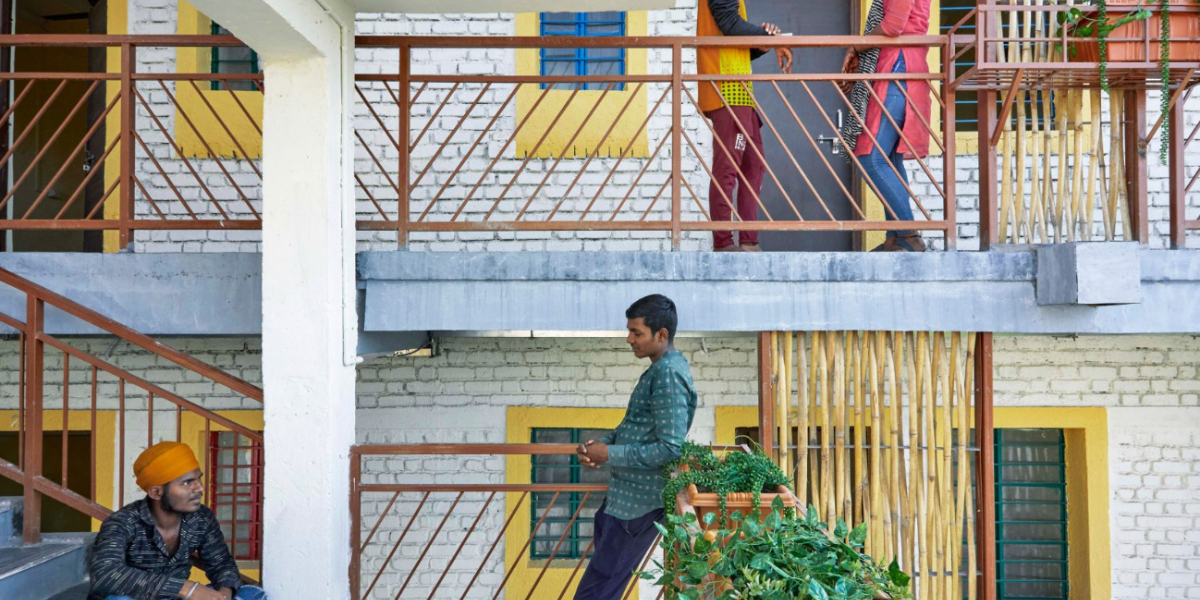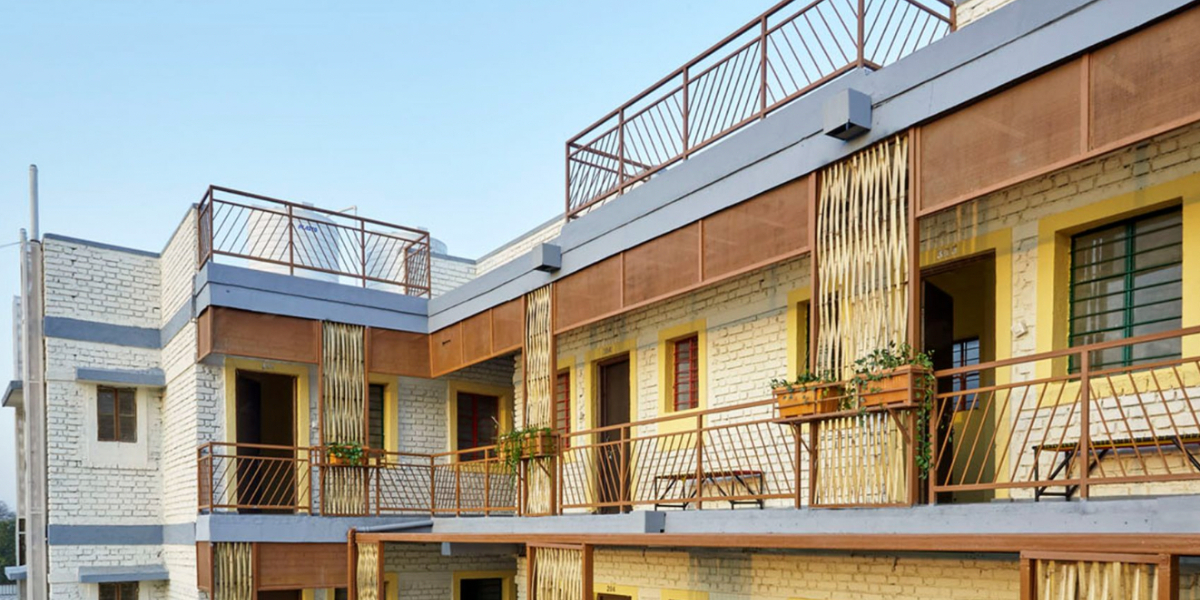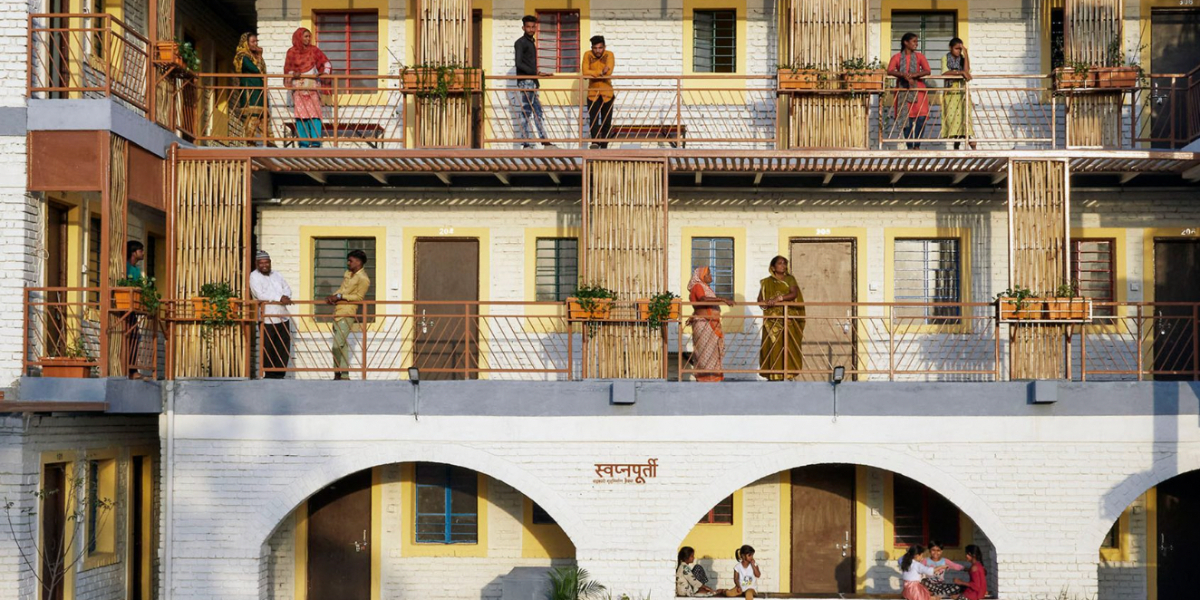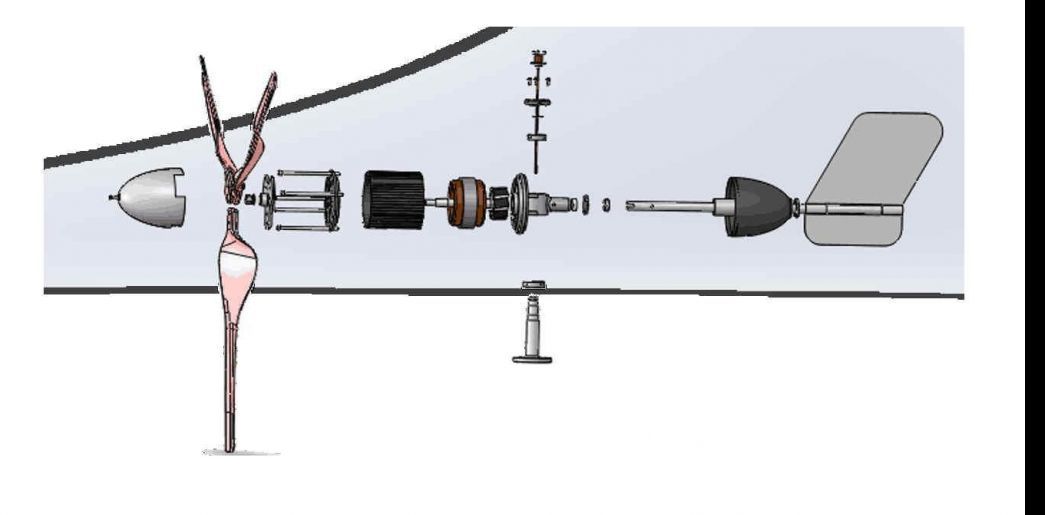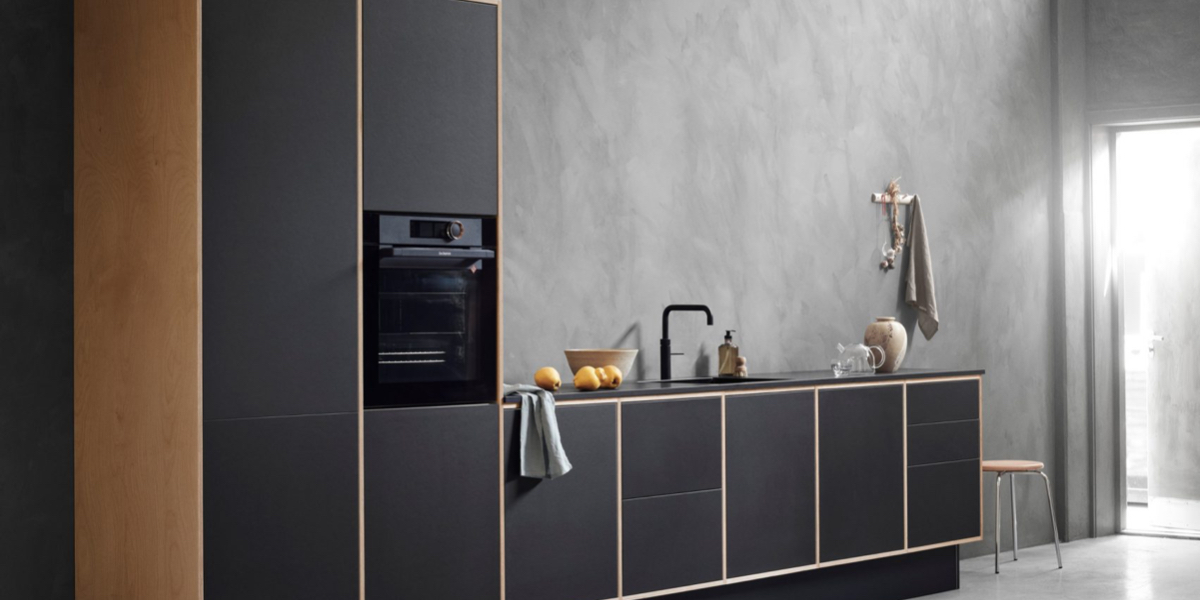AWARD YEAR
2023
CATEGORY
Home
GOALS
No Poverty, Gender Equality, Clean Water & Sanitation, Sustainable Cities & Communities
KEYWORDS
Social housing, designing for slums, flexible housing, customizeable housing, housing blocks
COUNTRY
India
DESIGNED BY
Community Design Agency
WEBSITE
https://www.dezeen.com/2022/05/02/cda-homes-sanjaynagar-slum-local-residents-india/
Housing Blocks in Sanjaynagar
Brick buildings which will transform slum neighbourhood to a thriving community
How does it work?
Community Design Agency (CDA) created eight three-storey brick buildings that will eventually house 298 families in the Sanjaynagar slum in Ahmednagar, 150 miles from Mumbai. The apartment typology allows for multiple combinations and iterations based on the preference of the families, and this flexibility not only allows for keeping many of the families together, especially those that are eligible for more than one home, but also assigns a unique identity to each family. Residents contribute funding towards their new homes and can apply for low-interest non-predatory loans from social lending partner Rang De, with the project also functioning as a way to get more women on the housing ladder.
Why is it needed?
Residents in the slum wanted the homes to have good lighting and ventilation. Also important were adequate space for pets and animals, as a number of families own livestock, as well as plants and outdoor seating. Inside the homes, residents designed their own interiors. The participatory design process evolved at different scales of the neighbourhood – starting with the masterplan, coming down to individual buildings and finally each family designing their apartment interiors facilitated by the community architects. When the redevelopment is completed, Sanjaynagar will be officially denotified as a slum and the new neighborhood will provide not just a safe, healthy and vibrant place to live, but provide an opportunity for future generations to flourish and thrive both socially and economically.
How does it improve life?
Creating dignified housing will help families living in slums overcome social and cultural obstacles that they face in their daily lives – whether it is enrolling their kids in a school of their choice or securing employment. Once the project completes, the amount of female ownership in the community is expected to rise from five per cent to fifty per cent.

